How to wake up early and not feel tired
Beat morning fatigue and learn how to wake up early with these expert tips, including how to tackle sleep inertia.
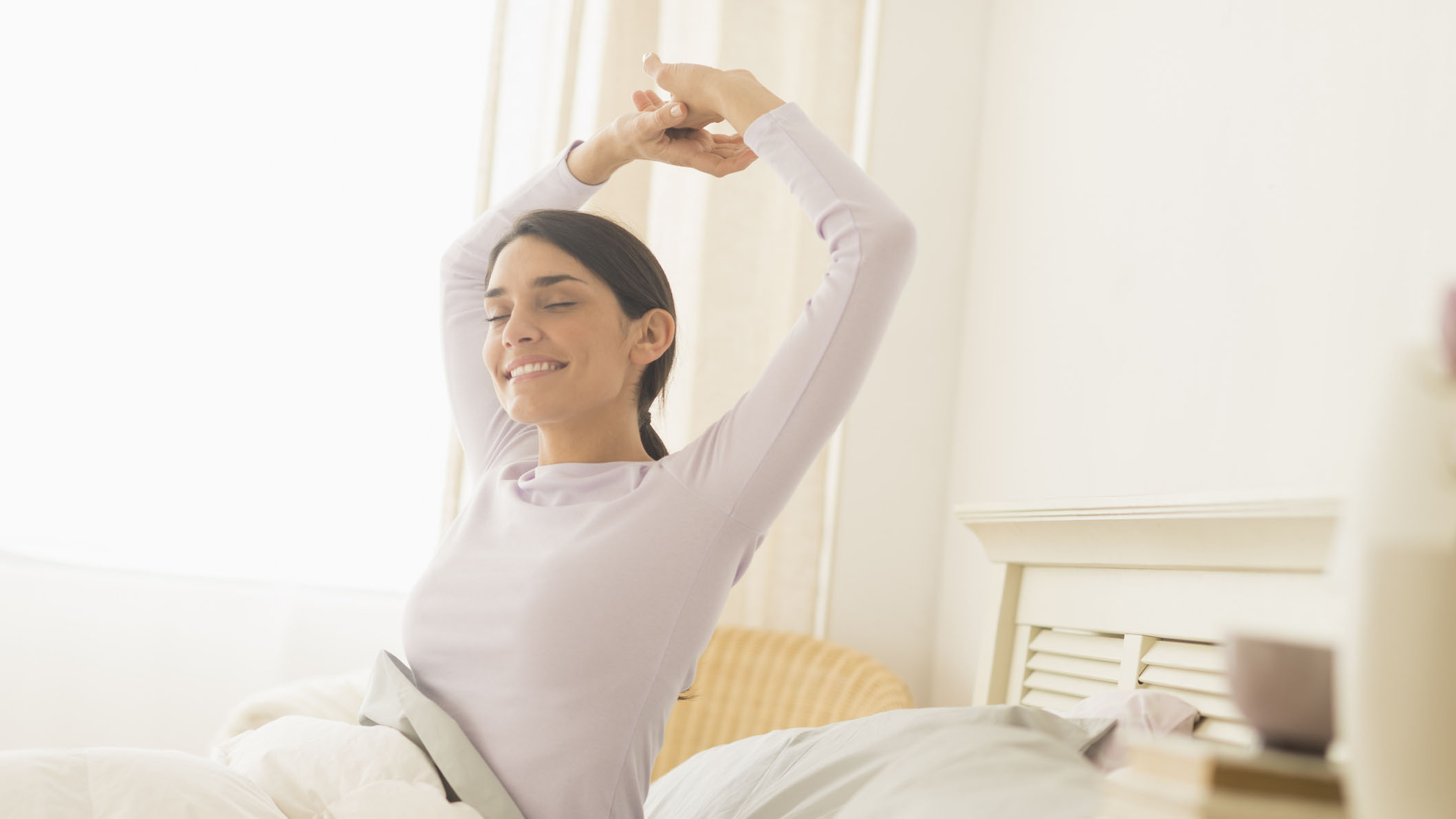
Sign up to receive the latest news, reviews, buying guides and deals direct to your inbox
You are now subscribed
Your newsletter sign-up was successful
Learning how to wake up early means overcoming one major hurdle: the dreaded morning fatigue. We’ve all heard about ‘miracle mornings’ and how getting up at the crack of dawn to enjoy your hobbies, eat a leisurely breakfast or get some exercise in before work can help you feel as though you’re winning at life. But… morning fatigue. So how do you overcome that and not duck back under the covers?
Here’s the short answer: Get up, drink some water, throw those curtains open wide and get out of your bedroom, away from the temptation of your warm bed. By now we all know why sleep is important, so getting up early also involves figuring out the best time to sleep so that you’re still getting your seven, eight or nine hours (whatever works for you).
Handily, we’ve done the research to help you figure out how to wake up early and not feel tired(-ish). And yes, it involves our old pal sleep hygiene. We’ve also spoken to sleep expert and Chartered Psychologist Dr Lindsay Browning about sleep inertia (grogginess) and how to tackle it.
Don’t forget, your bed plays a role in how rested you feel, so if you need to upgrade, read our guides to the best mattress online and the comfiest pillows.
How to wake up early and not feel tired: Quick tips
- Wake up at the same time each day to strengthen your circadian rhythm
- Get out of bed as soon as your alarm goes off - try not to lie there
- Drink a glass of water as soon as you wake to hydrate and ease grogginess
- Expose yourself to daylight straight away - open the curtains or go outside
- Eat breakfast as soon as possible after waking so that your body knows it’s morning (and time to get going)
- Avoid caffeine and alcohol at night - both lead to poor sleep and tiredness
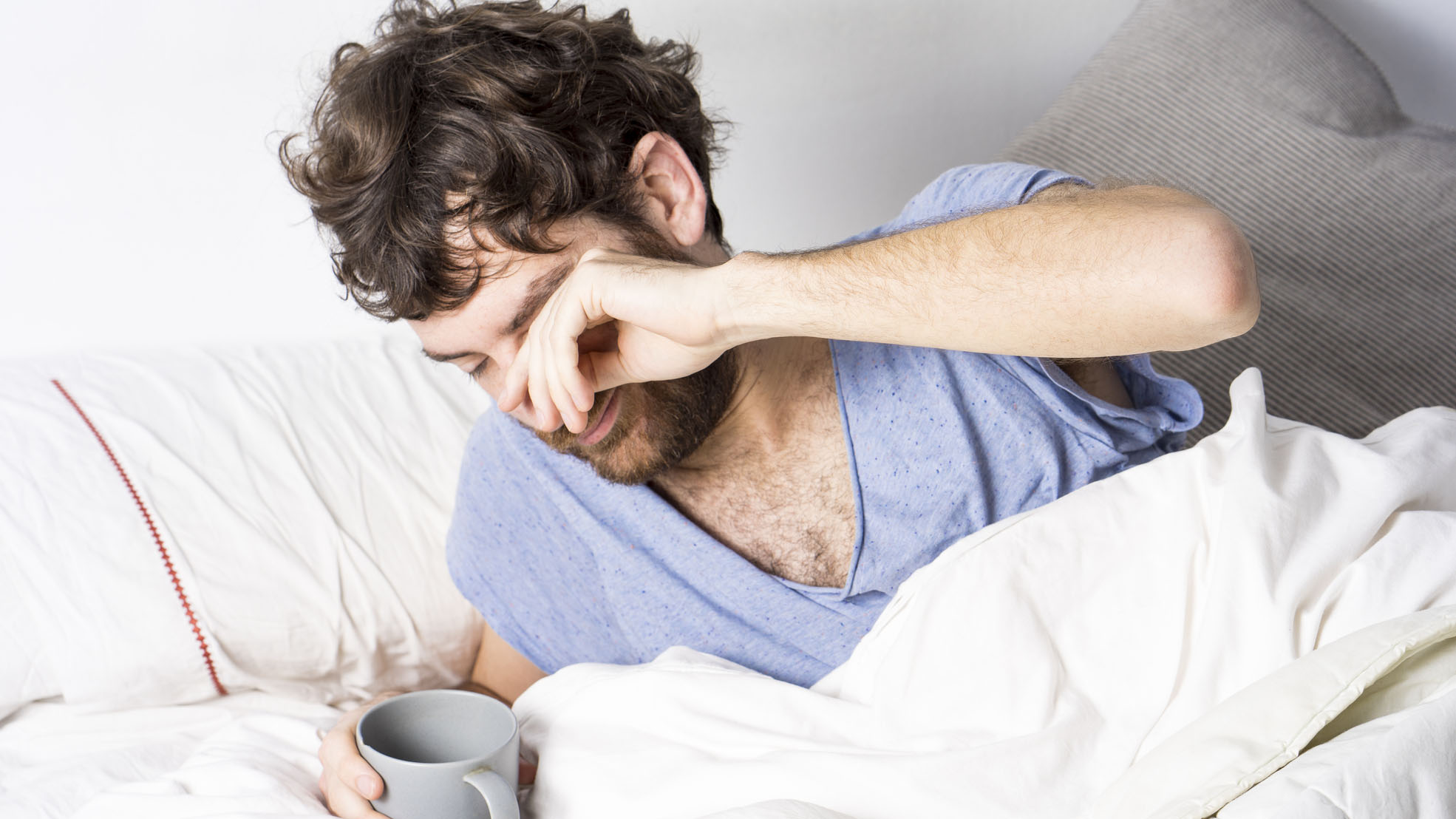
What is morning fatigue, and what causes it?
You feel groggy and lethargic... Your bed is warm and is tempting you to stay tucked under the duvet for just ten minutes longer... You are not alone, as waking up and getting up out of bed is a struggle for many of us. Grogginess is usually a perfectly normal part of waking up, and just a matter of the brain taking its own sweet time to wake up.
So don’t worry if, for example, you wake up feeling tired but feel fine during the day. If you do experience tiredness throughout the day but feel better after a good night’s rest, there’s also no need for alarm. In both cases, the chances are you’re experiencing normal sleep inertia rather than fatigue, which is more likely to have a medical basis. Now go tell your friends, “I’m not lazy, I’m ‘sleep inert’!”
What is sleep inertia, and does it cause morning grogginess?
Dr Lindsay Browning gets asked about sleep inertia a lot, and she talks about it in detail in her new book Navigating Sleeplessness. “Where you wake up in your sleep cycle has a huge impact on how you feel.
Sign up to receive the latest news, reviews, buying guides and deals direct to your inbox
“If you wake up from the lightest stage of sleep (dreaming sleep), you are very close to conscious and you’ll wake-up feeling quite awake because your brain was already pretty much in that frame of mind. If you wake up from a deeper sleep, you’ll feel groggier and experience sleep inertia; its whole purpose is to pull you back into being asleep again.”
How to wake up early and not feel tired
1. Make your bedroom a sleep sanctuary
To drift off as effortlessly as possible, make sure your bedroom is set up for sleep. That starts with banning screens from the boudoir. If you really must take your phone into your room (for example, if you use it as your alarm), make sure you switch it to airplane mode and use its blue light filter in the evenings (switching it off at least an hour before bedtime). If you have trouble drifting off, read our tips on how to fall asleep faster.
Your room should be cool, dark and quiet, so lower the temperature, consider investing in blackout curtains, and ditch your devices at the bedroom door. To prevent your brain associating your bedroom with wakefulness, use the room only for sleeping and sex.
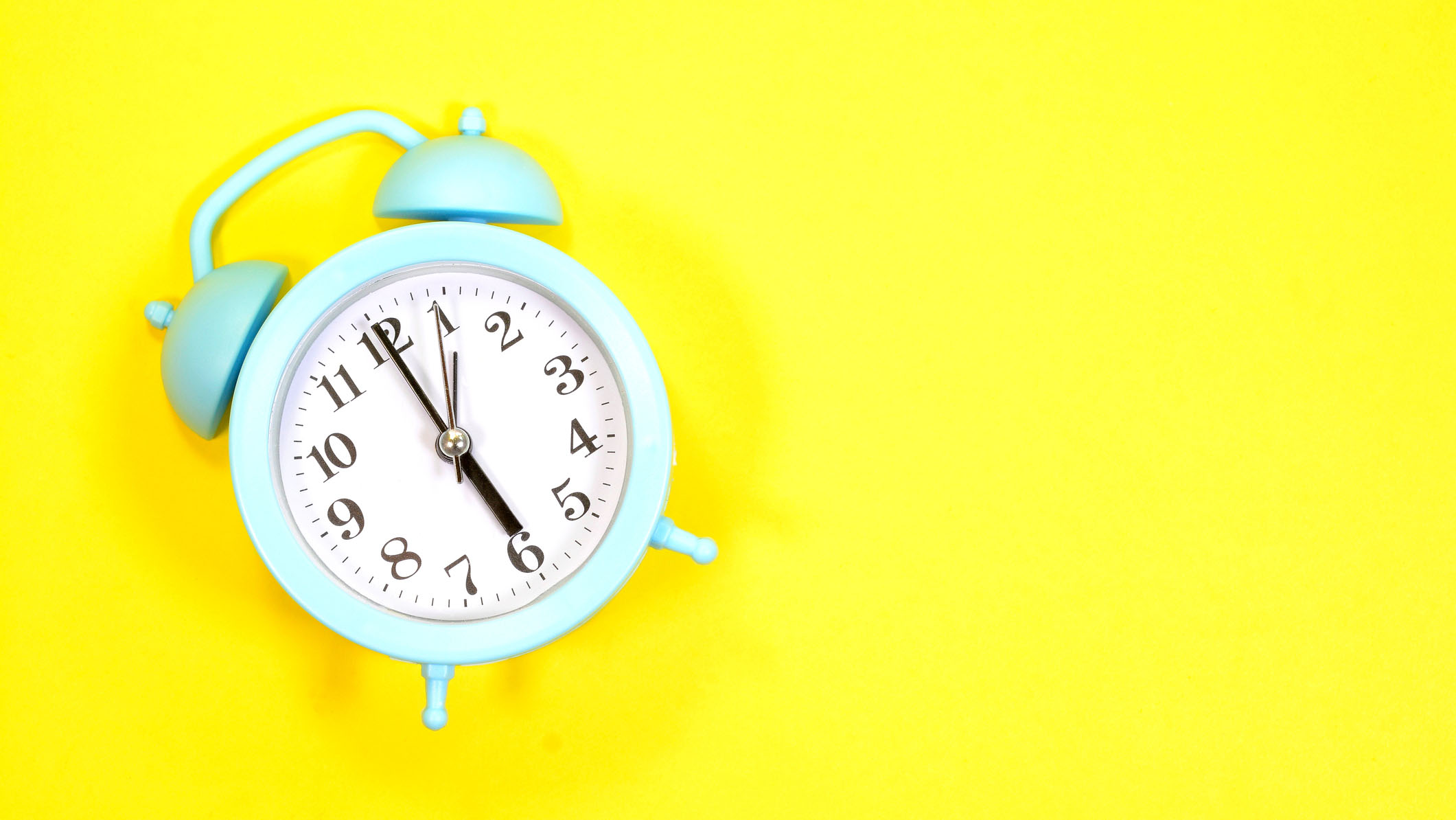
2. Wake up at the same time every day
Matthew Walker is Director of the Centre for Human Sleep Science at the University of California, Berkeley and the author of Why We Sleep, the best-selling book in which he shares the findings of his scientific research.
“If there is one piece of advice I would give everyone,” says Walker, “it is regularity. If it is the weekend or a weekday, even if you’ve had a bad night of sleep, wake up at the same time.” Walker also recommends that you not only wake up, but get up out of bed too. So try not to lie there once your alarm has sounded.
3. Keep an eye on stimulants
Avoiding caffeinated drinks in the evening might seem like an obvious thing to do if you want to drift off easier, but did you know that nicotine can also affect the quality of your sleep (and should be avoided close to bedtime)?
Energy drinks, tea, coffee and cigarettes are all stimulants, but what about their opposites, depressants? Sleeping pills should be used only for a short period of time, and while you would think that pouring yourself a nightcap is a good way to unwind, alcohol leads to broken sleep (it can also make you feel dehydrated), so you won’t wake up feeling as rested as you should.
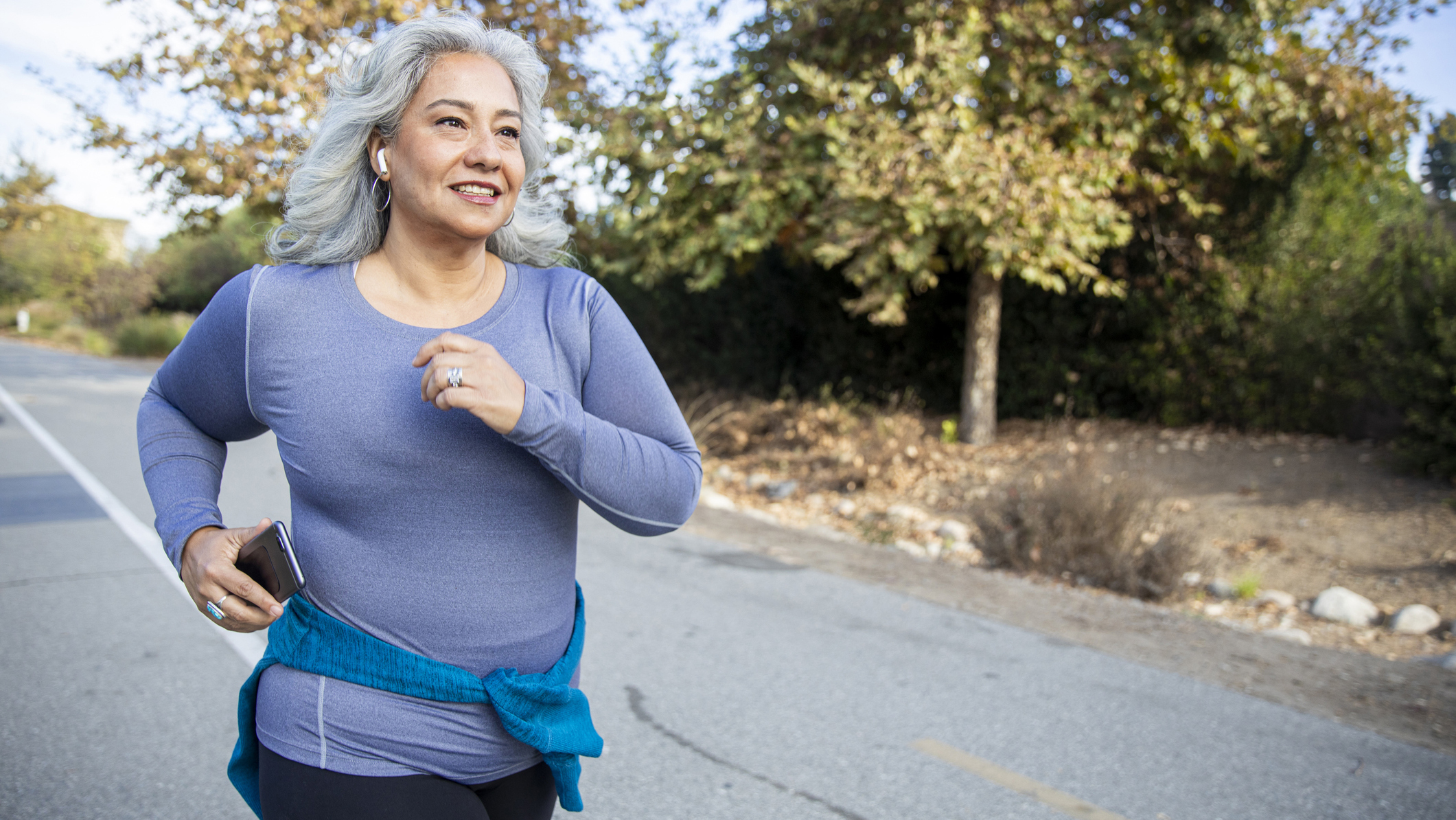
4. Exercise for at least 30 minutes a day
Regular exercise can improve the quality of your sleep, so if you don’t already, make sure you’re getting at least 30 minutes of physical activity a day. While the mainstream literature on sleep hygiene recommends avoiding exercise late in the day, a review of the evidence on exercise’s effect on shut-eye found no link between evening workouts and disrupted sleep.
So go ahead and exercise at a time that suits your schedule. That said, if you find that working up a sweat close to bedtime does affect your sleep (because some people are more sensitive to its effects), experiment with training a bit earlier in the evening or afternoon. You know your body and your sleep best, and what works for others might not be the right approach for you.
5. Get a bright start to the day
While it is important to establish a regular sleep pattern (see tip two), waking up at the same time every day may be more critical than getting to sleep at the same time every night. So make sure your alarm goes off at the same time and that you get up when it goes off, ideally heading outdoors as soon as you can.
Mornings are the perfect time to head outside and get at least 30 minutes of sunlight, if you can. In the darker months, you could try using one of the best sunrise alarm clocks to simulate natural morning light in your bedroom.
Grogginess, sleep inertia, and how to handle it
Common causes of morning grogginess
“Most of the time that grogginess is sleep inertia, but it could also be that your circadian drive is in the wrong time zone. Especially if you are someone who isn’t keeping a regular bedtime and wake time. So if some days you go to bed really late, and some days you go to bed earlier, your circadian drive is confused.” Dr Browning explains.
“If you slept until 10am on Saturday and Sunday, but on Monday you have to be up at 7am, that’s a three-hour time difference. So therefore if you set your alarm for 7am, you will feel groggy upon waking because your body will think it’s 4am. So it’s about making sure that your circadian drive is boosted so that you know it’s morning.
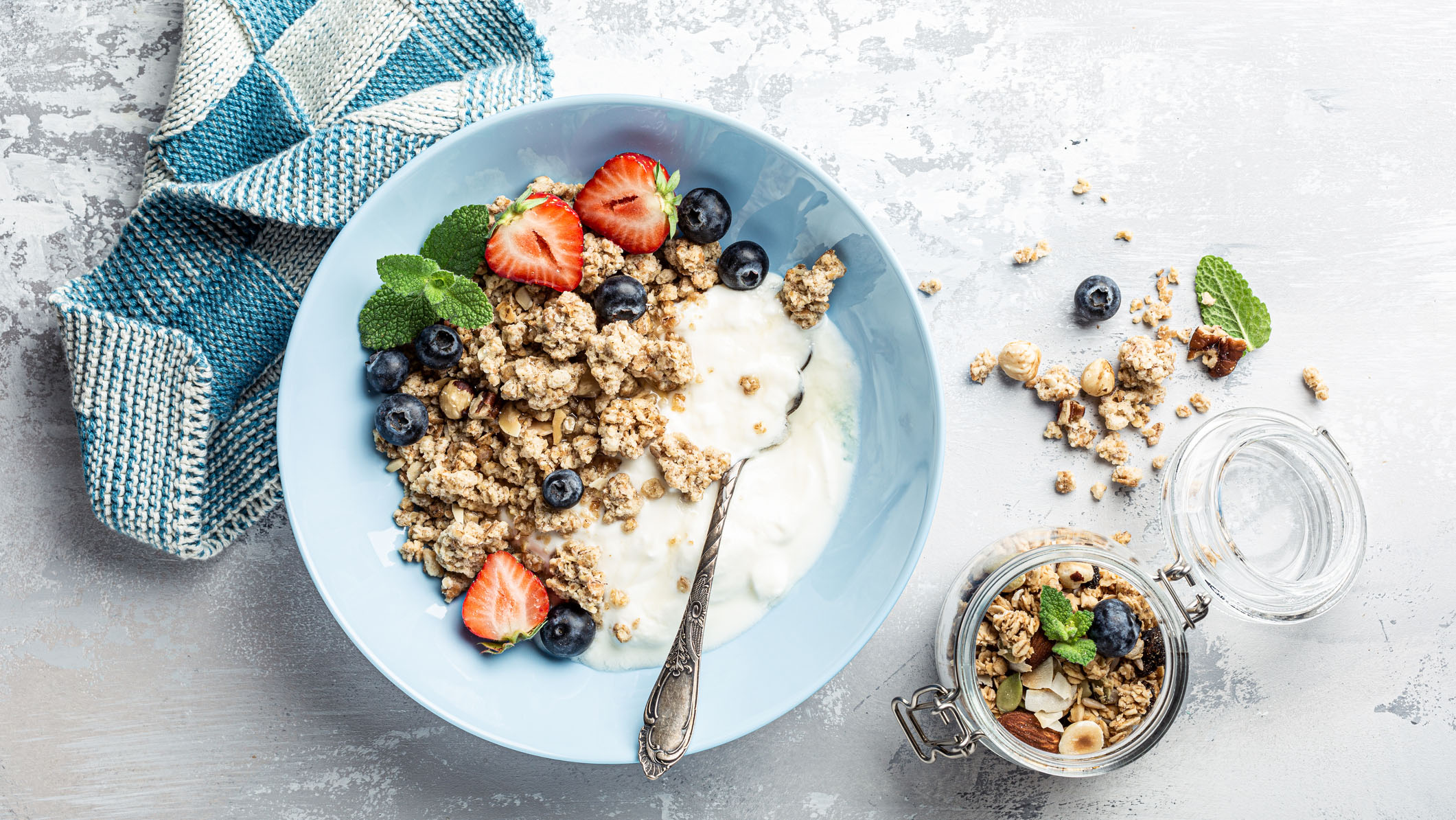
“Have breakfast very soon after waking, and have lots of bright light coming in. You could use a light therapy lamp or simply get those curtains wide open first thing to help your body wake up.”
Why does morning grogginess make us feel blue?
“If you wake up and you think ‘I feel dreadful. I must not have had a good night’s sleep last night because I feel really bad right now and so groggy and sleepy’, that will frame your thinking for the rest of the day,” Dr Browning explains.
“And there have been so many studies to prove that if you think you slept poorly, you will be more sluggish. It’s like a self-fulfilling prophecy, and you won’t have a good day because you think you slept poorly.”
Do sleep tracking apps really wake us during the lightest stage of sleep?
“You can get apps that monitor where you are in your sleep cycle and try to wake you up from what the app guesses is the lightest part of your sleep. However, I’m not a fan of those because they rob you of sleep – they’ll figure out where your peak is (your lightest part of sleep) before you actually need to wake up, and they’ll wake you then.
“I would much rather have an extra half hour of sleep, wake up in a perhaps groggier part of sleep, but I’ve had that extra half hour that I need. As long as your circadian rhythm is in the right place, and you wake up – yes perhaps feeling a little groggy to start – but get up, have a cup of tea and a bit of breakfast, and shake it off, you’ll be ok.”
If you are upgrading your bed, check out our money-saving roundups of the best Saatva mattress discounts, the latest Purple mattress deals and discounts, and the biggest Casper mattress deals.
Stephen is a fully qualified Coach and Mentor, and runs his own coaching business called Constructive Coaching, which helps people find solutions to issues at work, home and college. As an avid home fitness fan, Stephen converted his garage into a home gym and hasn't looked back. Stephen has written for a range of household names, and for Top Ten Reviews he covers wellness, exercise and sleep (a vital part of recovery).

